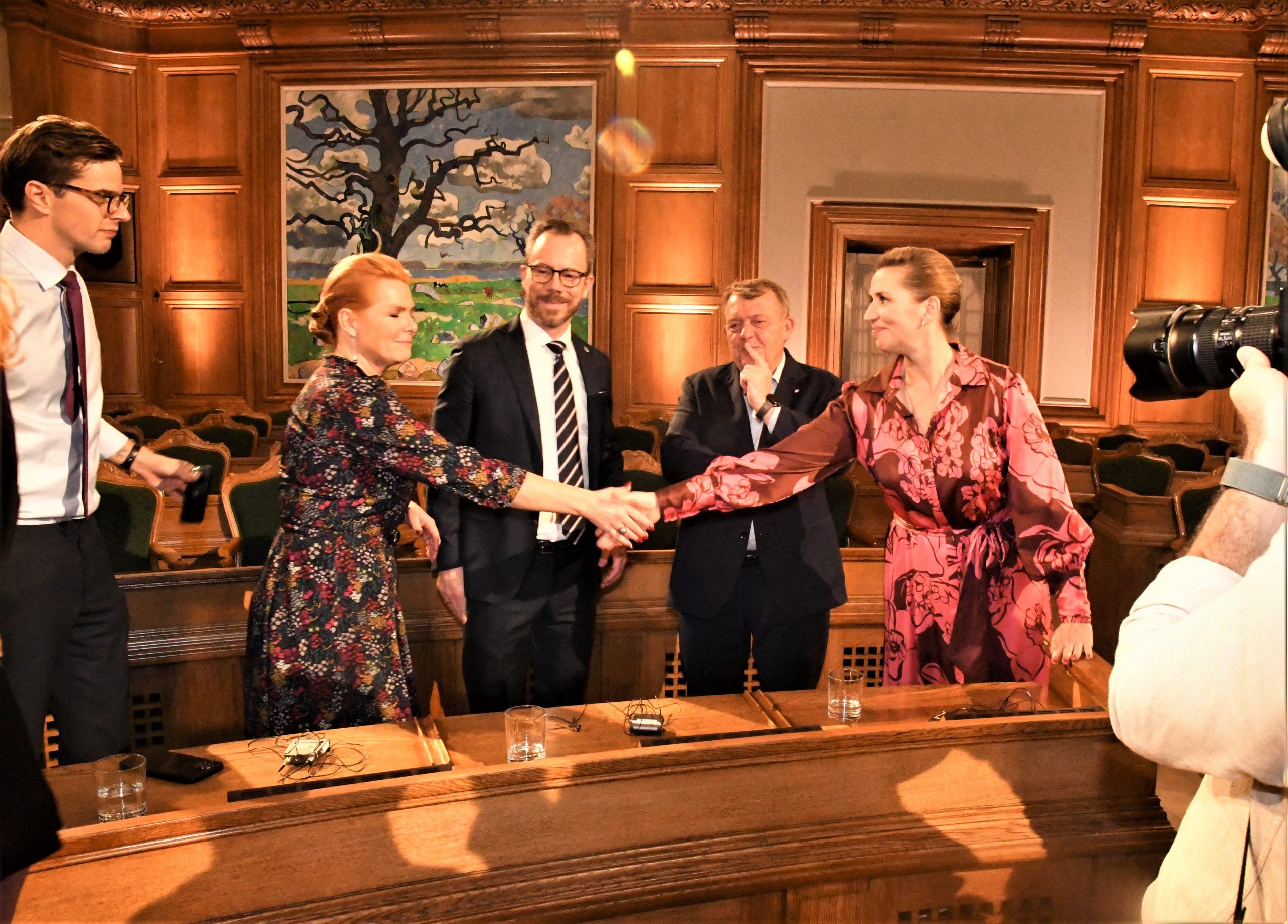Up until this week, the highest share of women in a newly-formed Parliament following a general election was 38.9 percent – set in 2011 and again in 2019.
But a new record was set this week as 44.13 percent of Denmark’s new Parliament are women – 79 out of 179 MPs.
Of the 1,014 candidates running in the 2022 General Election, 389 were women. Check out all of Denmark’s new MPs here.
Women were first given the opportunity to run for Parliament in 1918 and back then only four made it in.
READ ALSO: Foreign minister Jeppe Kofod fails to make Parliament
Vote magnets Mette and Inger
Looking at the top ten politicians who attracted the most personal votes, women also performed well.
Mette Frederiksen topped the list with 60,687 personal votes, followed by Inger Støjberg (47,211), Lars Løkke Rasmussen (38,439), Alex Vanopslagh (38,284) and Jacob Mark (31,235).
The top ten was completed by Magnus Heunicke (22,102), Jakob Ellemann-Jensen (20,945), Pia Olsen Dyhr (18,758), Nicolai Wammen (18,022) and Søren Gade (17,998).
Among the notable candidates to not garner enough votes to join Parliament were foreign minister Jeppe Kofod, former climate minister Rasmus Helveg Petersen and Dansk Folkeparti deputy head René Christensen.














